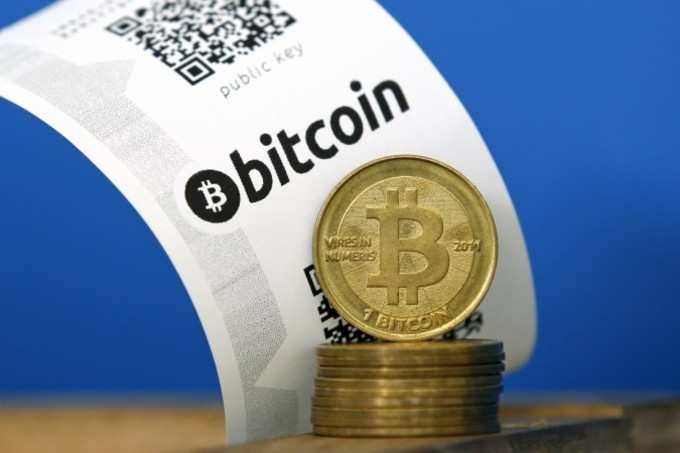 Envision a framework where everybody could track the taxes they’ve paid, down to each penny. Where genuine democracy would be rehearsed, no apparatus of votes or constrained voting would happen, not by any means. Where each business would have the capacity to work in a free-manner and develop with no obstruction from anybody, where merchants and corporates would earn together on a mutual consent. This framework won't just improve things for individuals, but will also eliminate clashes of ownership completely. Courts? Why invest so much energy and cash? Sounds too idealistic? Wait until this technology kicks in.
Envision a framework where everybody could track the taxes they’ve paid, down to each penny. Where genuine democracy would be rehearsed, no apparatus of votes or constrained voting would happen, not by any means. Where each business would have the capacity to work in a free-manner and develop with no obstruction from anybody, where merchants and corporates would earn together on a mutual consent. This framework won't just improve things for individuals, but will also eliminate clashes of ownership completely. Courts? Why invest so much energy and cash? Sounds too idealistic? Wait until this technology kicks in.Blockchains are a method for storing information in a sequential way: sharing it between numerous holders, to get rid of the requirement for a trusted focal server. It has to be upgraded with the assent of majority and, once entered, data can never be deleted, which means it can give a distinct, unquestionable record of ‘future events'.
The decentralized, circulated nature of blockchains brings various advantages: more grounded security as the record is shared by a great many users, straightforwardness as all exchanges are freely recorded and diminished danger. No single power has control, so if there is a glitch and one of the nodes in the system goes down, the framework still, will be able to function at full capacity.
Blockchain & its Tangents
-
- Tracking Taxes: As in Blockchain the money is passed from one entity to another, Bitcoin demonstrated that appropriated records can be utilized to track money. Where else would we be able to utilize that? Consider the Student Loans Company, international loans, lobbying through blockchain (Lobbying is illegal in India, this technology might disturb a few laws too), tracking tax payers money etc.
- Online Democracy: A simple peertopeer variant of electronic vote would permit online votes to be sent straightforwardly from one party to another without experiencing a focal voting register. Digital Signatures provide an easy solution, yet the primary advantages are lost if a trusted outsider is still required to avert double voting. The system timestamps races by hashing them into a continuous chain of hashbased proofofwork, proofofstake, proofoftally framing a record that can't be changed without re-trying the evidence chain. The longest chain not just serves as evidence of the succession of witnessed occasions, yet confirming that it came from the biggest pool of computational force. For whatever length of time that the majority share of computational force is controlled by nodes that are not collaborating to assault the system, they'll create the longest chain and outpace assailants. The system itself requires insignificant structure. Last year the Danish Liberal Alliance became the first-ever political party to use blockchain technology to facilitate e-voting.
- Land & Company Registrations: For any sort of a highvalue property (land, autos, workmanship) it is vital to have exact records which recognize the present proprietor and give a proof that he is in fact the proprietor. These records can be utilized to ensure proprietors' rights (e.g. in the event of robbery), ensure possession is transferred correctly to the new owner and prevent sales fraud. Along these lines it is critical to keep up the accuracy of this data, and avert unapproved, false changes. Governments have started to research and apply this methodology for land and company registrations. Northern Ghana, Man of Isle and Honduras are taking charge to experiment this technology in their democratic systems.
-
Conclusion
This technology is at a very nascent stage, certain obstructions will require to be overcome before some of these verticals can be applied. Moreover, it’s very clear that the security and controls connected with blockchain will need improvement before a significant number of these applications can become mainstream. Keeping in mind the end goal to smoothen the route for more prominent improvement and reception, financial service providers and new businesses will need to work together. Taking everything into account, Bitcoin was a critical leap forward – yet it's not the entire tale.
(Image Credits: Reuters)